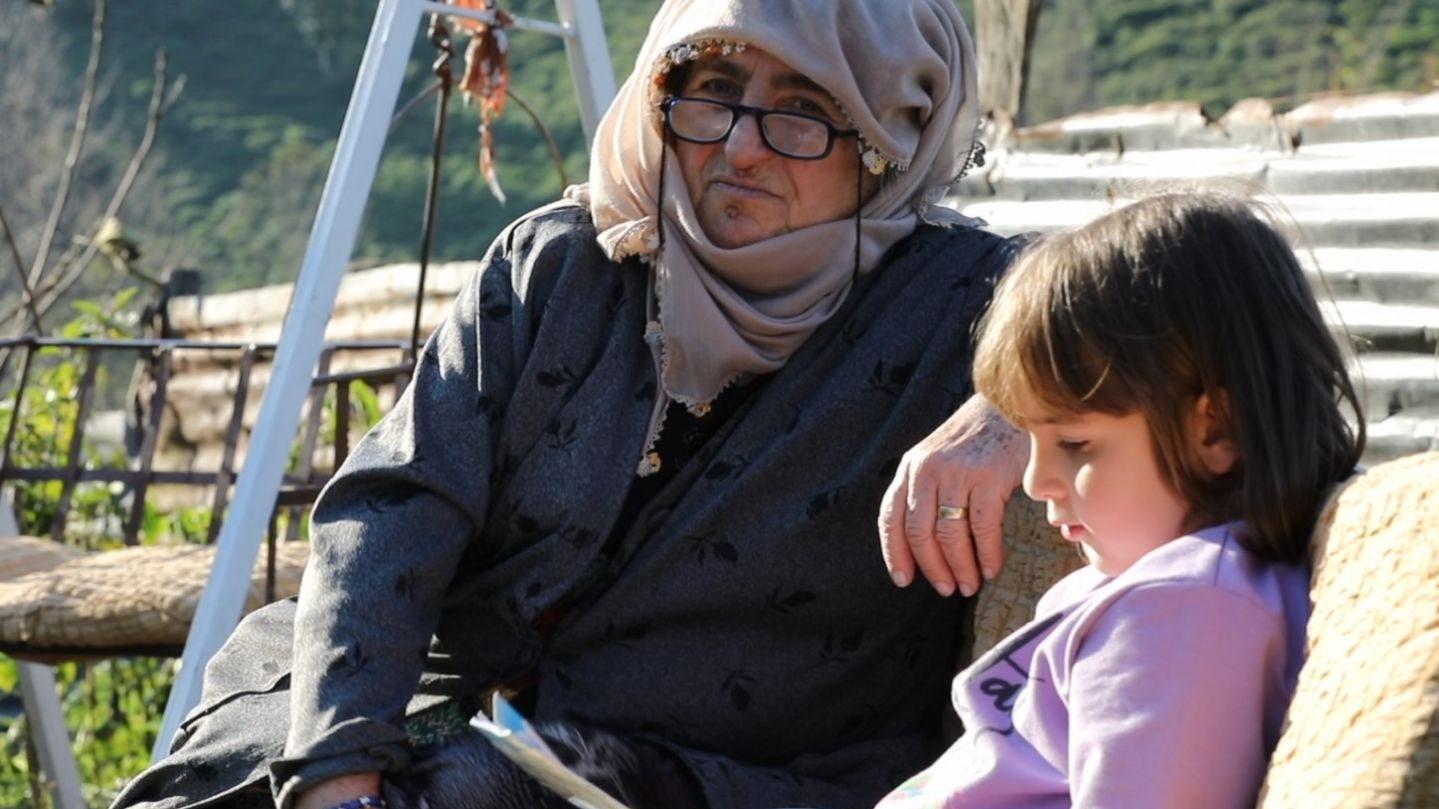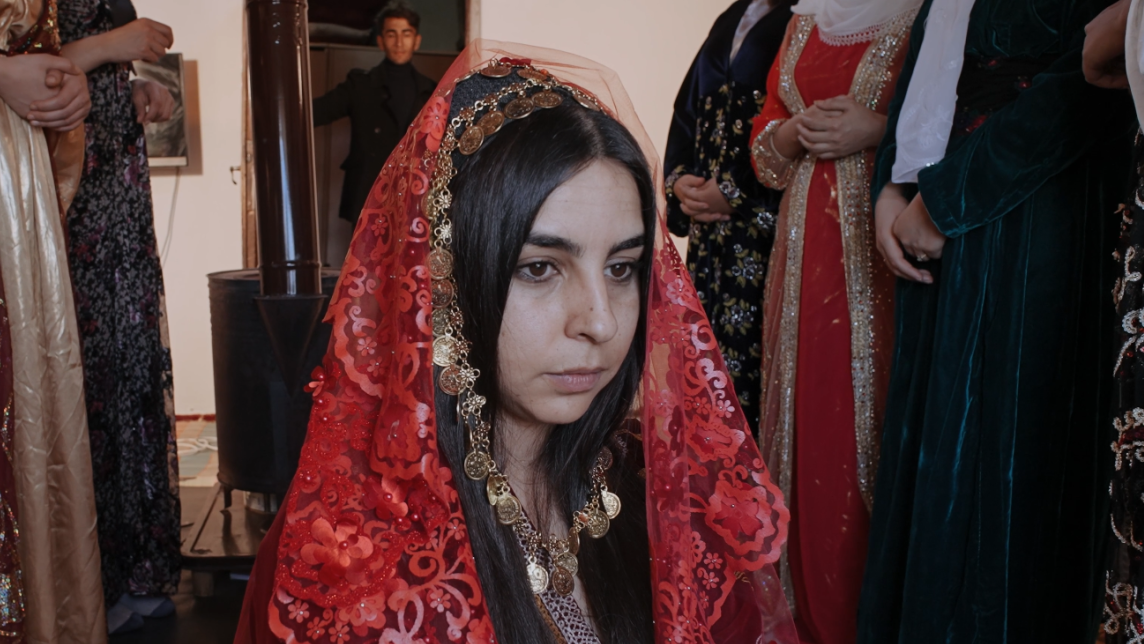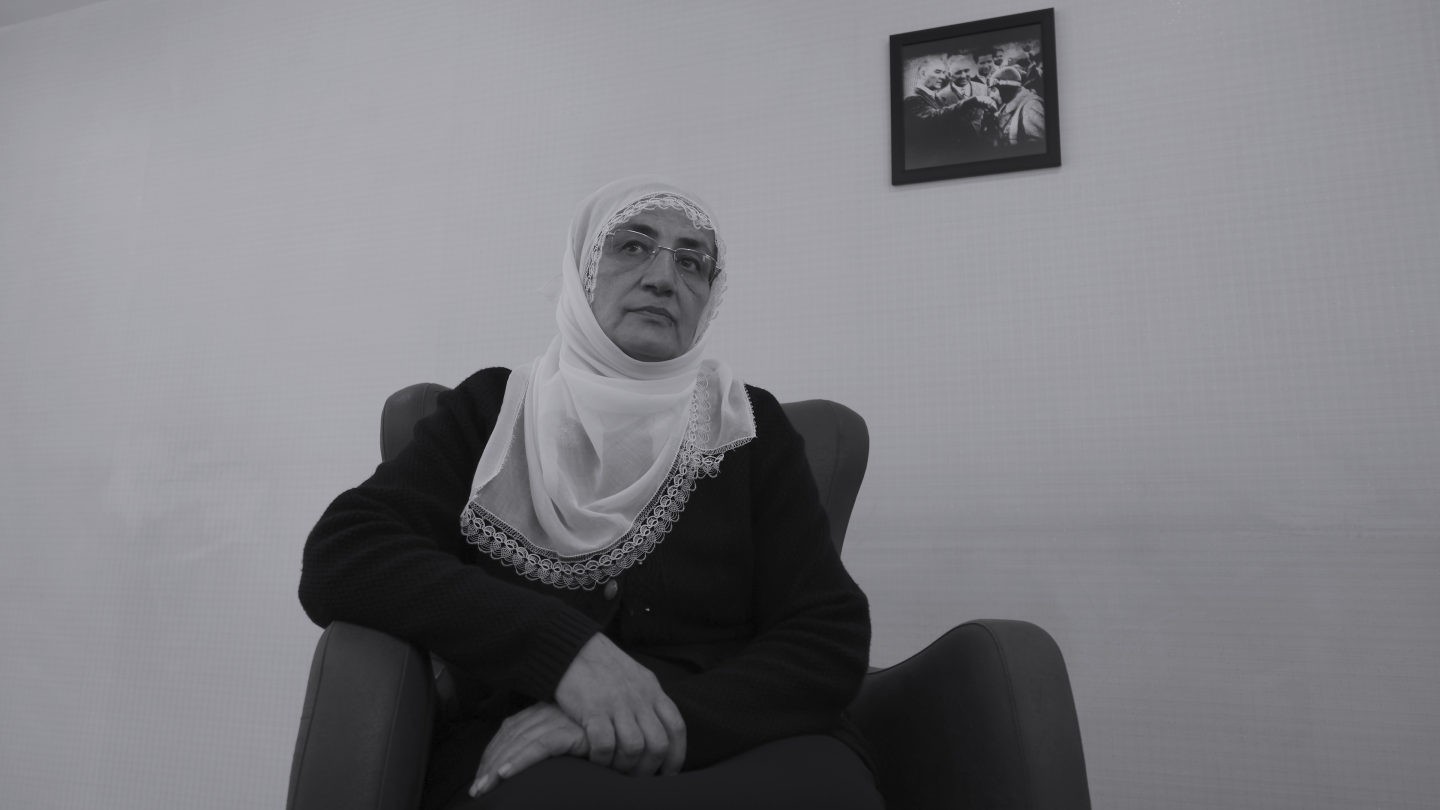Kurdish communities that settled in what is now known as the Republic of Türkiye, and who claim territories within modern day Türkiye as their ancestral homeland, enjoyed virtual autonomy until the last years of the Ottoman Empire. At a time of rising nationalism and imperial control, the campaign to homogenize populations under one single sense of Ottoman identity led to the marginalization and eventual targeting of numerous minority communities across what is modern-day Türkiye in the early decades of the twentieth century.
Kurdish communities were victims of persecution carried out by Ottoman authorities, and some Kurdish groups were also recruited by Ottoman forces to assist in the eradication of other minorities, such as Yezidi (Ezidi), Christian and Alavi (Alawi) Kurds.
Ottoman authorities used Kurdish sympathizers to carry out many atrocities during World War I, particularly on the Armenians, a campaign that resulted in the Armenian genocide of 1915 and 1916.
Those Kurds who were involved in the Armenian Genocide were mostly part of the Ottoman establishment. The use of coercion, propaganda, religious fanaticism and ethnic conflict between Armenians and Kurds were exploited as instruments of political control to carry out the extermination of Armenians. At the same time, Ottoman authorities sough to suffocate Kurdish rebellions carried out against Ottoman rulers. Kurdish nationalists were at the time in open rebellion against the Ottoman Empire, following a long struggle of resistance that harks back to Bedir Khan Beg’s triple alliance and rebellion against Ottoman rule in the 1840s.
During the period of nationalistic rule under Mustafa Kemal Atatürk, the policy of assimilation and eradication of minorities intensified, gravely affecting Kurdish populations through southern and eastern parts of Türkiye especially. The official policy of the newly established Republic was to dismantle traditional Kurdish Islamic tribal society and institutions, which led to a ban on Kurdish language, and deportation of Kurdish populations throughout the 1920s and 1930s. Subsequent rebellions, for instance the resistance led by Colonel Xalîd Begê Cibranî in 1924, were brutally crushed. The Settlement Law from May 1926 and Law Regarding the Transportation of Certain Persons from the Eastern Regions to the Western Provinces further allowed the government to deport Kurds, which in turn led to widespread ethnic conflict leading to xenophobia, and in some cases, lynching.
A few Kurds began to call for recognition in the 1960s, and a growing number identified with the Turkish left in the 1970s. In 1984 Kurdish nationalism found violent expression in the PKK (Kurdistan Workers’ Party), which embarked on a guerrilla war against the state.
In tandem with this, the PKK also succeeded in mobilizing much of the Kurdish civilian population. The struggle has been partly a class one. Kurdish identity was infused with a sense of economic as well as political deprivation. The PKK deliberately targeted certain members of the Kurdish landlord class as accomplices with the system of oppression (though some landlords identified with the PKK, often for reasons of local rivalry). The PKK also targeted perceived agents of the Turkish state such as school-teachers.
With the outbreak of armed conflict in 1984 between the Turkish army and the PKK, more than 1 million Kurds were forcibly evicted from rural and urban areas in eastern and south-eastern Türkiye. The displaced settled in urban centres in the region as well as towns in western and southern Türkiye, and many fled to Europe. By 1996 the state only retained control of south-east Türkiye through the forced evacuation of over 3,000 Kurdish villages, consequently causing the destitution of 3 million people, with widespread and routine arbitrary arrests and torture common.
A major factor in Türkiye’s rapid urbanization in recent decades, especially the main cities in south-eastern Türkiye, was the policy of village destruction, which was central to Türkiye’s internal conflict against the PKK. By 1994, at least 3,000 villages had been deliberately destroyed as part of this campaign. The European Court of Human Rights gave judgment in a number of cases and established that Türkiye had destroyed many villages as part of a military strategy. In this context, urban centres such as Diyarbakır experienced rapid growth, tripling in size during the 1990s even as many residents themselves moved elsewhere in Türkiye or abroad to escape the violence. Though there is no consensus on how many exactly were displaced, reliable estimates range between 1 and 3 million. This legacy of large-scale displacement persisted even before the recent resumption of hostilities, with the Internal Displacement Monitoring Centre (IDMC) estimating there to be at least 953,700 Kurdish internally displaced persons (IDPs) in Türkiye as of December 2014 – the majority were originally uprooted by fighting between 1986 and 1995. IDMC reported that most of these long-term displaced have had to survive without external support, either in urban areas in relative proximity to their home villages or in cities in other regions of the country, often in low quality housing.
The Kurdish struggle for cultural and political rights is complicated by social and religious factors. Many rural Kurds are primarily motivated by clan or tribal loyalty, with long-standing local conflicts reflected in support for rival political parties at national level. Inter-tribal politics can determine whether support will be given to the PKK or government forces. Loyalties are also determined by religious sentiment. Possibly up to 25 per cent of Kurds in the south-east are still primarily motivated by religious affiliation. Many still accept tarikat guidance (voluntary Islamic social welfare organisations that provide guidance and aid for Muslims. They have ancient mystic and traditional roots in Türkiye) when it comes to voting. This has benefited religious parties and parties of the right. The south-east remains underdeveloped compared with the western half of the country.
The use of minority language people’s names was prohibited until recent years, which was particularly detrimental for Kurds. In July 2003, a reform of the law removed the restriction on parents’ freedom to name their children with names ‘deemed offensive to the national culture,’ but kept the requirement that names should ‘comply with moral values,’ and not be offensive to the public. In September 2003, the law was restricted to curtailing names containing the letters q, w and x, which are common in Kurdish. Thus, Kurds are still precluded by law from giving their children Kurdish names that include these letters.
While the conflict continued to exact a heavy death toll and displace hundreds of thousands of Kurdish civilians, the government also maintained a heavily discriminatory policy towards the community as a whole. This included the removal of Kurdish public officials, harassment of Kurdish political groups, targeting of Kurdish media outlets and the arrest of Kurdish politicians for holding party gatherings in Kurdish. The government also continued to conflate any effort to promote Kurdish rights, such as use of the Kurdish language, with support for ‘PKK terrorists’.
Although the conflict between government forces and the Kurdistan Workers’ Party (PKK) continued in 2012 with bombings and counter-insurgency operations causing deaths and displacement on both sides, talks began in October to negotiate a ceasefire. In early 2013, the implementation of a ceasefire between the government and the PKK held the promise of bringing an end to decades of violent conflict. However, after two years, the ceasefire ended and a new chapter in the bloody conflict began.




